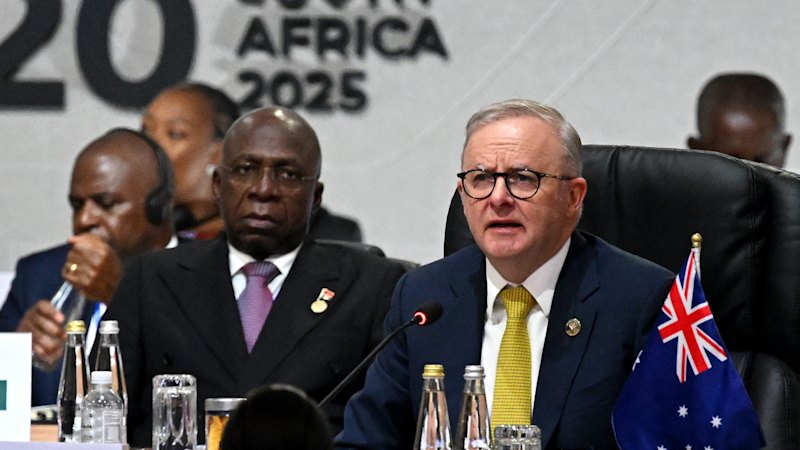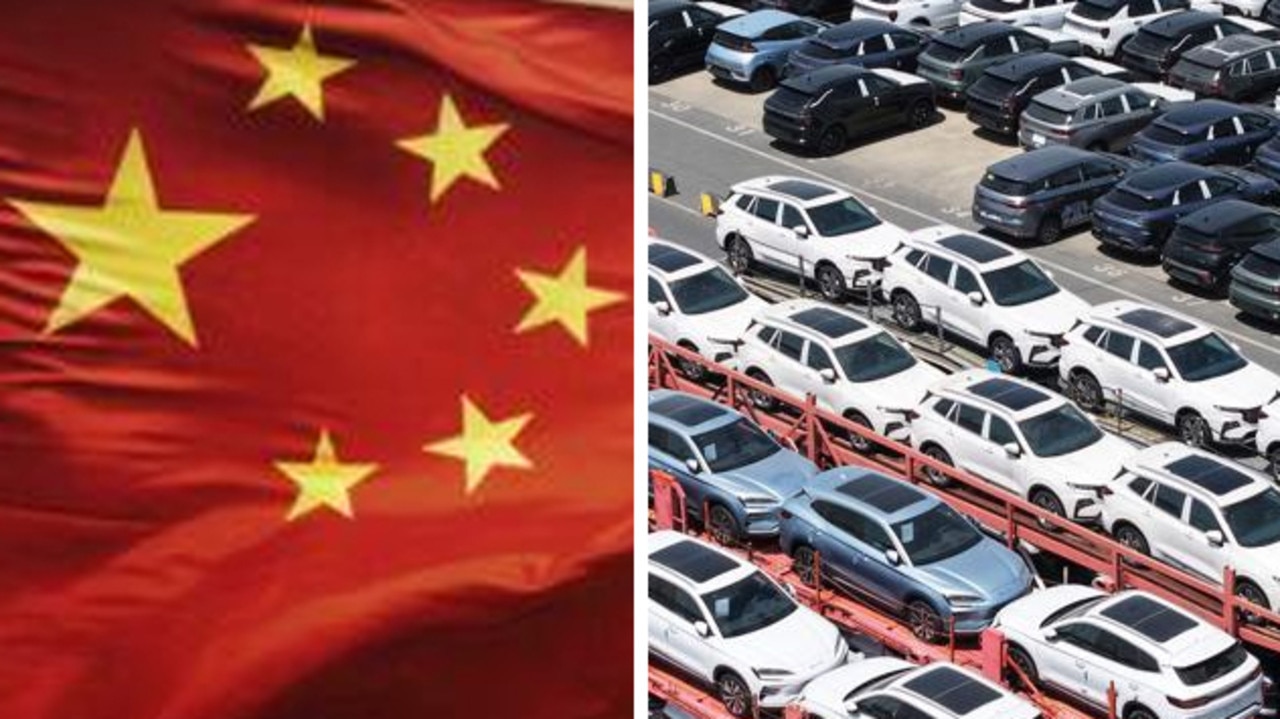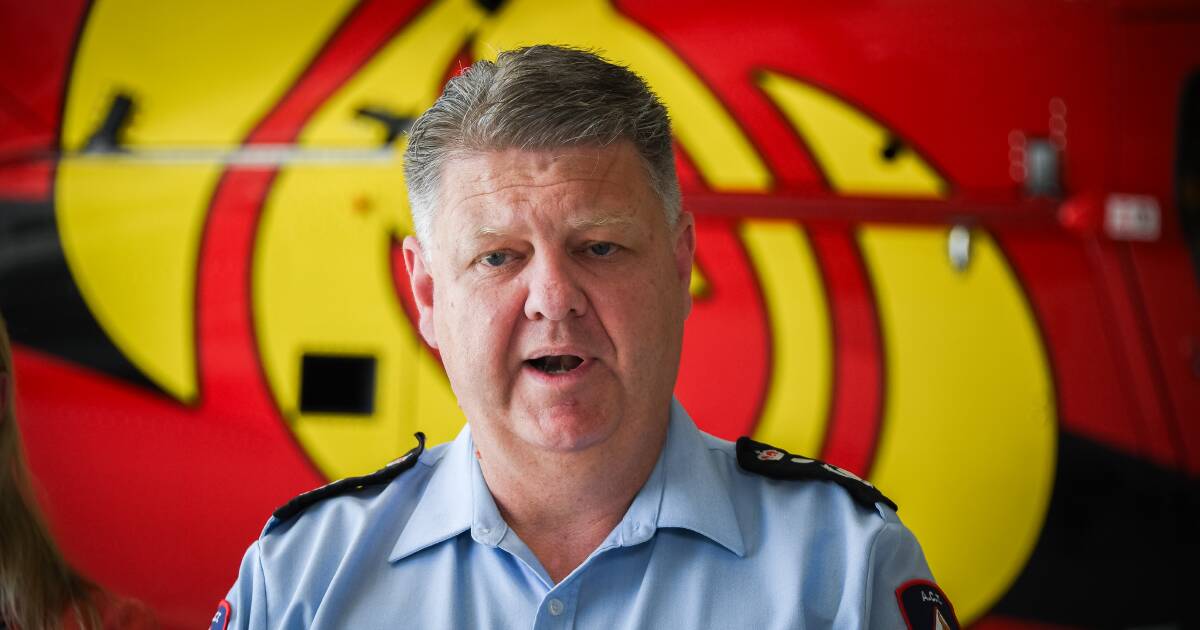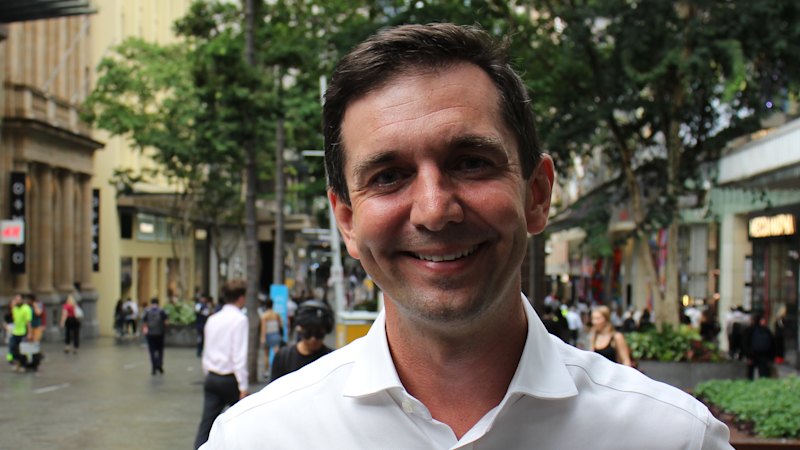
Canberra: In a striking show of unity, Prime Minister Anthony Albanese and other global leaders have issued a declaration at the G20 summit in South Africa, backing the Paris climate change agreement and endorsing net zero emissions by mid-century. This move came despite opposition from former US President Donald Trump, who boycotted the event.
The summit, held in Johannesburg, saw leaders from 19 countries agreeing on a communique that also praised free trade. This decision was made in the absence of the United States, as Trump accused South Africa of discriminating against minority white Afrikaners, leading to his boycott.
Albanese described the agreement as a “good thing,” emphasizing the importance of global cooperation on climate issues. “It’s a very positive sign that the world wants to get on with cooperating, and it’s a very positive statement going forward,” he remarked upon returning to Australia for the final parliamentary sitting week of the year.
Climate Commitment and International Relations
The federal government also announced that Energy Minister Chris Bowen will lead negotiations at the next global climate talks. This decision surprised environmentalists, as Australia signed a voluntary statement calling for the eventual phase-out of fossil fuels.
When asked about the potential impact on Australia-US relations, Albanese stated, “Australia, as a sovereign state, makes decisions based upon our own national interest. We have an interest in action on climate change. We have an interest in trade, we’re a trading nation. One in four of our jobs is dependent upon trade.”
“We reiterate our commitment and will intensify our efforts to achieve global net zero greenhouse gas emissions/carbon neutrality by or around mid-century,” the leaders’ statement read.
Trump’s Opposition and Global Consensus
Trump’s administration criticized the summit’s outcome, with a senior official calling it “shameful” that South Africa proceeded with the declaration despite US objections. The official claimed it undermined the G20’s model of consensus.
South African President Cyril Ramaphosa highlighted the “overwhelming consensus” among participating nations to endorse the G20 leaders’ document. Meanwhile, White House spokesperson Anna Kelly stated that the US would focus on “restoring legitimacy to the G20” when Miami hosts the event next year.
Trump, who has referred to climate change as a hoax, previously withdrew the US from the Paris Agreement. His stance continues to contrast sharply with the growing international consensus on climate action.
Australia’s Role in Future Climate Talks
Under a new agreement, Turkey will host the next major global climate conference, with Bowen granted “exclusive authority in relation to the negotiations.” This move is expected to give Australia and the Pacific unprecedented influence in global climate discussions.
However, the Coalition has opposed Bowen’s expanded role, arguing it could distract him from his ministerial responsibilities. Opposition finance spokesman James Paterson criticized Bowen’s focus on international engagements, stating, “He has no interest in lowering energy prices for Australians.”
Australia also joined over 20 nations in signing a separate declaration at the COP30 meeting in Belem, Brazil, calling for a roadmap to end the use of fossil fuels like coal and gas. Despite opposition from oil producers such as Saudi Arabia and Russia, Albanese maintained that this stance aligns with Australia’s energy strategy.
“All of the energy experts say the cheapest form of transition is renewables backed by gas, backed by hydro, backed by batteries – that’s Australia’s position,” Albanese explained.
Implications and Future Outlook
Greenpeace climate researcher Simon Bradshaw praised Australia’s commitment, stating, “This is the strongest ever statement from Australia on fossil fuels, and we intend to hold them to it.”
The G20 summit’s outcomes are likely to intensify domestic debates in Australia, particularly concerning the Coalition’s stance on climate goals. As global pressure mounts, the challenge for Australia will be balancing international commitments with domestic energy policies.
Looking ahead, the focus will shift to the next G20 summit in Miami, where the US aims to reassert its influence. Meanwhile, Australia and other nations will continue to navigate the complex landscape of global climate negotiations, striving for meaningful progress in the fight against climate change.






